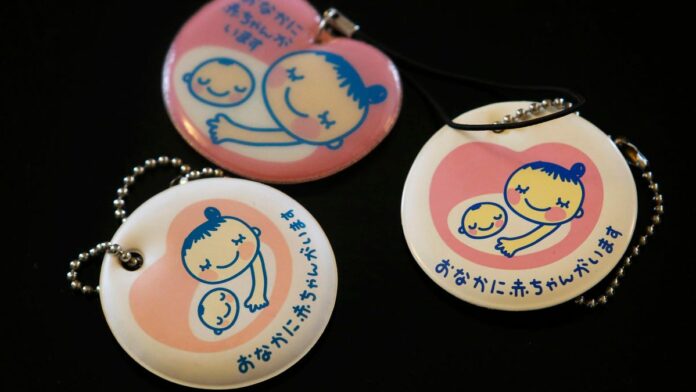For the first time, Japan is considering providing emergency contraception without a prescription.
A trial run of over-the-counter sales of the morning-after pill started in Japan yesterday (Nov. 28). The action nearly six months after the government started debating whether the morning-after pills should be sold over the counter like in about 90 other nations, including countries in North America, most of the EU, and some of Asia. The pill that delays ovulation has an 80% success rate of preventing pregnancy if taken within 72 hours after sexual intercourse.
Under current Japanese policy, women must visit a medical institution and get a prescription to procure a morning-after pill. The mandate for a doctor’s appointment to administer the emergency contraceptive creates several barriers to access: Clinics may be closed over weekends or holidays, locations may be far away, and victims of sexual assault may feel hesitant to visit in-person.
The pilot program, which the health ministry commissioned the Japan Pharmaceutical Association to conduct through March, will allow women over the age of 16 to obtain the pill from a drugstore. 16- and 17-year-olds, it stipulates, must be accompanied by a guardian. All women will have to fill out a questionnaire with their purchase.
The gender bias in policymaking is palpable in a nation led by both a male-dominated parliament and medical community. This April, Japan finally approved the use of the abortion pill, but with a caveat that also applies to surgical abortions: a partner’s consent. Japan is among the only three countries in Asia with this prerequisite, along with former Japanese colony Taiwan and Indonesia.
And a trial is just that—a trial—without any guarantee of becoming formalized policy. In 2017, a government panel shied away from allowing over-the-counter sales of the drug, suggesting that their freer availability would encourage “irresponsible” behavior like casual, unprotected sex.
The morning-after contraceptive pill in Japan, by the digits
145: Pharmacies nationwide—2 to 6 pharmacies in each prefecture of Japan—where the pills are being sold over the counter. The drugstores selected for the study must fulfill certain criteria, like having trained pharmacists able to offer pills during evenings, weekends, and holidays; and providing a private consultation room.
7,000-9,000 yen ($48-61): Price for the over-the-counter morning-after pill.
13: Age of consent for sexual intercourse in Japan. Minors can only access contraceptive pills with parental consent at clinics.
30 years: Time Japan took to approve oral contraceptives, in 1999. The same year, it approved the erectile dysfunction drug Viagra within just six months.
95%: Share of sexual violence cases that go unreported in Japan.
90: Countries worldwide where the morning-after pill is sold over the counter.
3%: Women who use the contraceptive pill, or birth control pill, in Japan, versus 14% in the US.
Quotable: Male decisions about female bodies
“I think a lot of decisions are made by men who are older and have bodies that will never carry a child.”
—Sexual health campaigner Asuka Someya
Law of interest: Eugenic Protection Law
Japan’s decision to legalize abortion in 1948 had little to do with giving women the autonomy to make decisions about their reproductive health. It was permitted under the now-defunct Eugenic Protection Law, which was focussed preventing “inferior” births by forcefully sterilizing men and women with mental and intellectual disabilities and hereditary diseases. Almost 16,500 people were victims of the policy.


